It was last year while I was on holidays that my trusty old camera stopped working, the journey continued but I was forced to store the camera away and had to wait until I was back in Stockholm to have it fixed. There was only one problem, I knew no one in the city that could repair film cameras. After asking around I found a small shop in the outskirts of Stockholm and with it, its owner, Jonas Vikström.
Jonas began his journey into film photography in the 90’s but, as the global trends changed, he switched into digital cameras. It was some years later that he found his way back into analogue photography (the digital workflow never really clicked with him), but at any rate his journey was long before he would become one of the last analogue camera technicians in Stockholm.
It all started for him in 2013 with a faulty Leica. Instead of looking for a repairman he decided to buy some tools and read the manuals that were (back then) available on the internet. Surprisingly, for someone without formal training, he managed to pinpoint the problem and fix the camera. That’s when the then amateur technician became fascinated with camera engineering and while he continued repairing broken cameras, word got around among his acquaintances. At the beginning everything happened at home, but having tools and customers around all the time became complicated and wasn’t so popular with the rest of the family. He then started looking for a dedicated space and ever since it has been like smooth sailing.
But before that, he had never considered being a camera repairman as a possibility in his life; he studied art history, ethnology, and aesthetics and even trained as conservator for buildings with cultural relevance. Jonas’ education is not related to his job at all, and as he told me, he is entirely self-taught in the world of cameras which now, almost 10 years later, hasn’t stopped him into specializing in Leica, Hasselblad, and Rolleiflex cameras, three of the most sought-after brands in the high-end photography market.
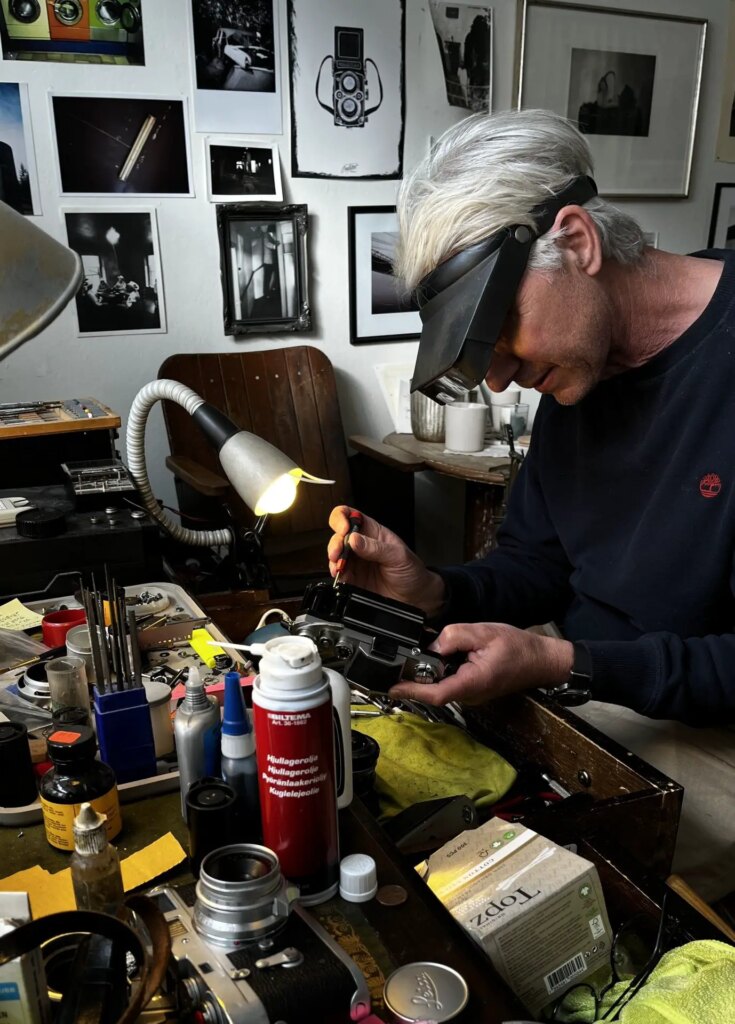
The shop is located north of Stockholm, a modest but welcoming and cozy place with its walls full of B&W and color photographs (many of which he has taken). Cameras, lenses and accessories are always to be found, each with their own stories to tell; some of them are waiting to be repaired, some are his daily companion loaded with film and ready to shoot, and some (like the ones in the shopfront) have been selected as decor since they can’t be fixed.
It’s easy realize that there’s more to Jonas’ life than just old cameras. In the studio, there’s a simple looking but tasteful music system, which, judging by the brand on the turntable, reveals his knowledge and good eye for music and hi-fi systems. Then there’s the sofas, on which we and several more have had spontaneous conversations; after all, the anecdotes and happenings that have taken place in the studio are plenty and it’s not unlikely to come to the shop and find Jonas chatting with some customers, as long as he’s not busy with repairs. Last but not least is his work desk, covered in tools, parts and machines used for the cameras, as well as some random objects that always spark a cheerful chat regarding his hobbies and things he likes.
We have discussed about his work and life in different occasions and every single time I could feel his passion and gratefulness when he talks about his craft and profession. It seems that analogue cameras are not just pieces of equipment to him nor a job to be done; he takes pride into preparing them and acknowledges that each one possesses a more than a business value.
When asked about if it was difficult to have taken a turn in his life and following the technician road and he quickly responds with a firm “no”. On top doing what he loves, his work as a repairman lets him hold a nice way of life. He works around 35 hours a week, never misses family vacations, and finds the job rewarding. He compares his situation to others in different professions:
“You probably don’t earn as much as a doctor or an economist, but I’m doing fine. [For example] my wife is a teacher, and she works harder and longer hours than me, yet in the end it seems like I’m not earning any less than her.”
He looks happy enough with his job that talking about retirement seems pointless. But in a world where everyone carries around a small camera in their pockets and can get their photographs instantly and, moreover, where prices have extremely increased (from rolls of film to the cameras themselves) it’s imperative to think about what lies ahead for film photography and, consequently, for specialists like Jonas.
However, for Jonas these indicators are nothing but a good omen that indicate an increasing and persistent interest in film photography. His forecast is positive and it seems to him that the analogue world will continue to thrive. In fact, the job is so demanding, he tells me, that he has sometimes declined work because he doesn’t have time for more cameras, something I’ve also experienced myself.
In any case, if there’s one thing lacking in the analogue market, is repairers like him who will be tremendously needed in the future.
*This piece was originally written as an assignment for Stockholm University, it has been translated and slightly modified for clarity purposes. Thank you Jonas for your time and stories.
You can find me on Instagram, where I (slowly) upload photos from my trips.
Share this post:
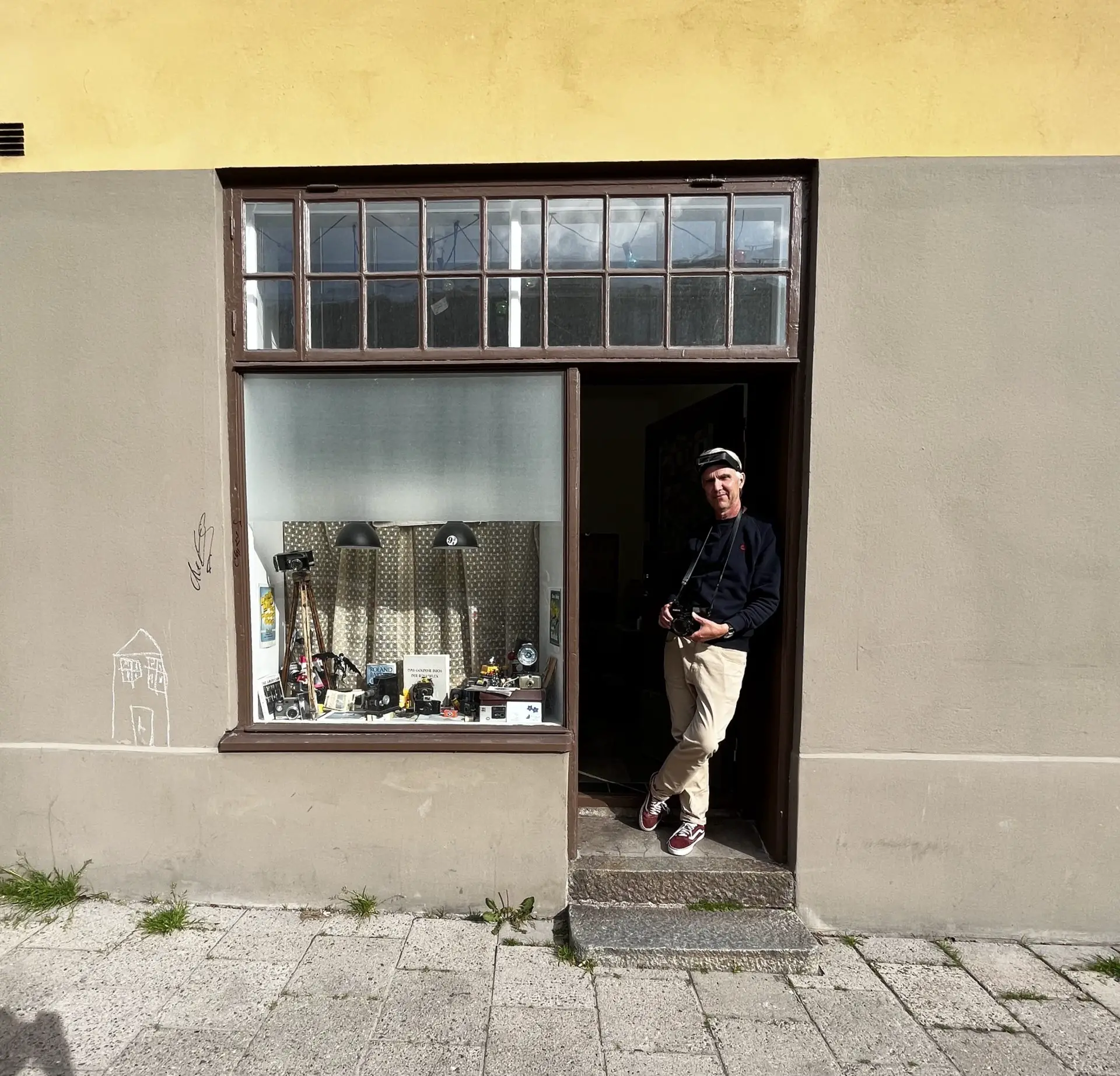
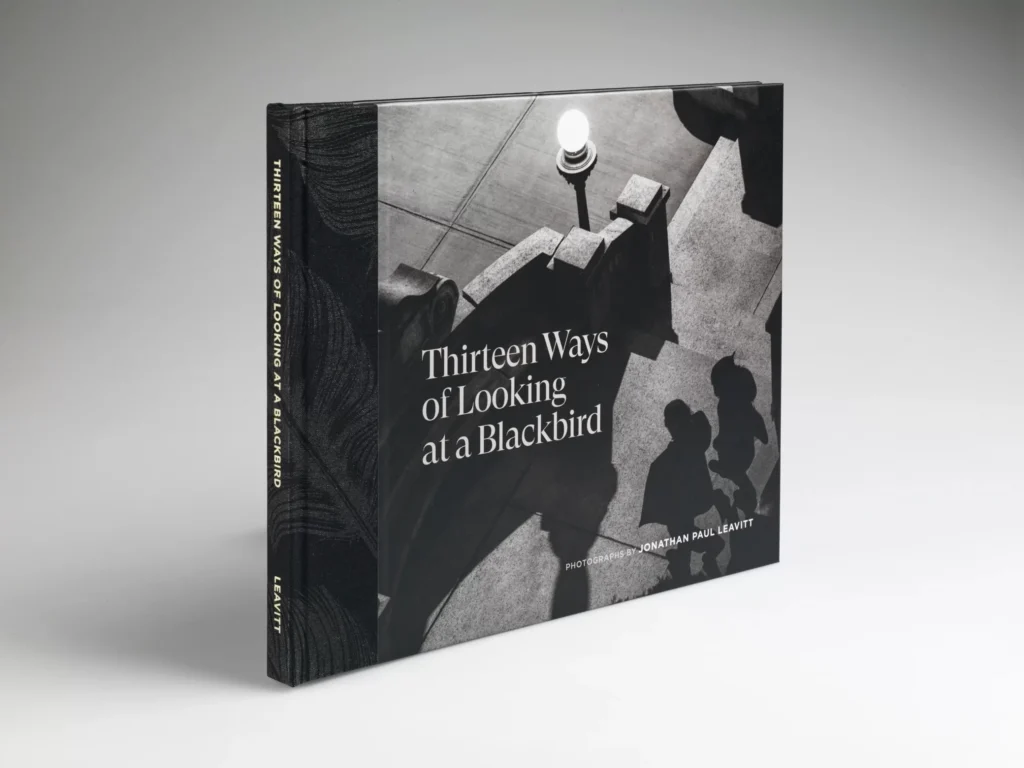
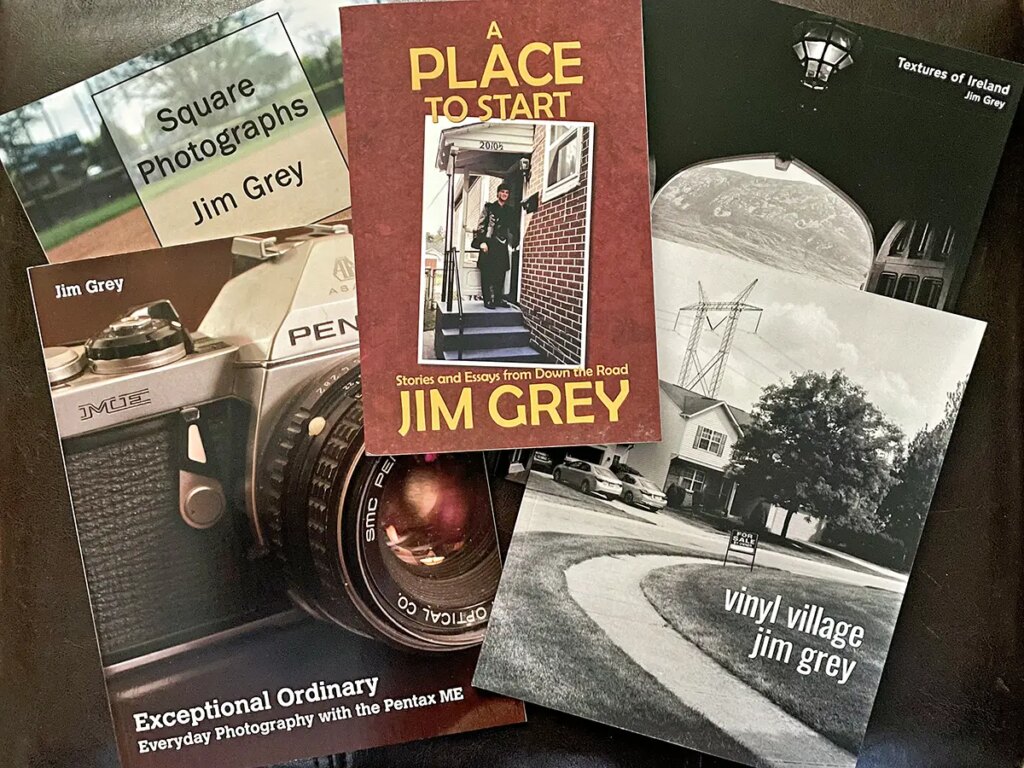

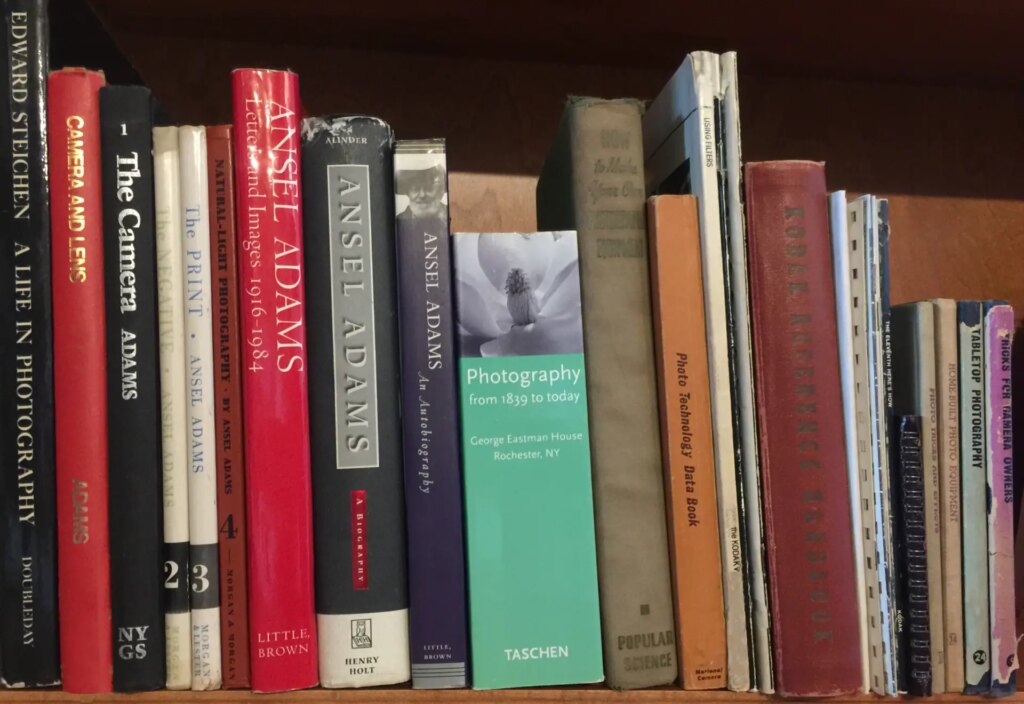




Comments
John Frank on One of the Last Technicians in Stockholm – a reportage by Daniel Morales
Comment posted: 10/08/2023
John Frank on One of the Last Technicians in Stockholm – a reportage by Daniel Morales
Comment posted: 11/08/2023
Comment posted: 11/08/2023
Comment posted: 11/08/2023
Daniel Castelli on One of the Last Technicians in Stockholm – a reportage by Daniel Morales
Comment posted: 12/08/2023
Here in the US, we operate on the system of “I know a guy…” much like George Clooney talking to the crooked casino owner in “Oceans 11.”
Comment posted: 12/08/2023